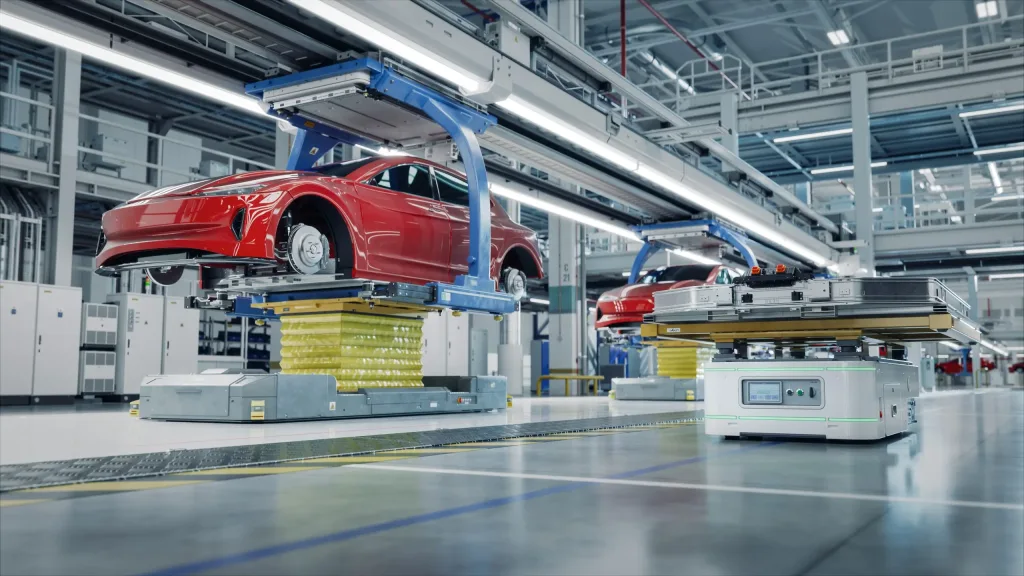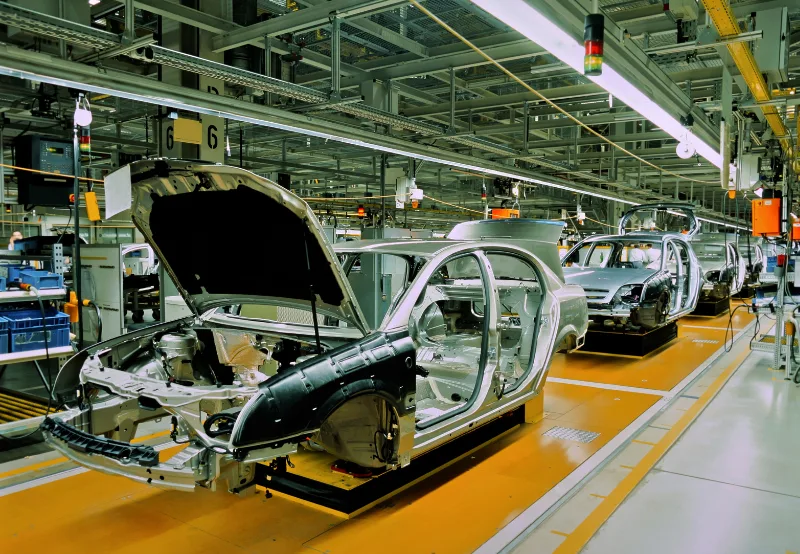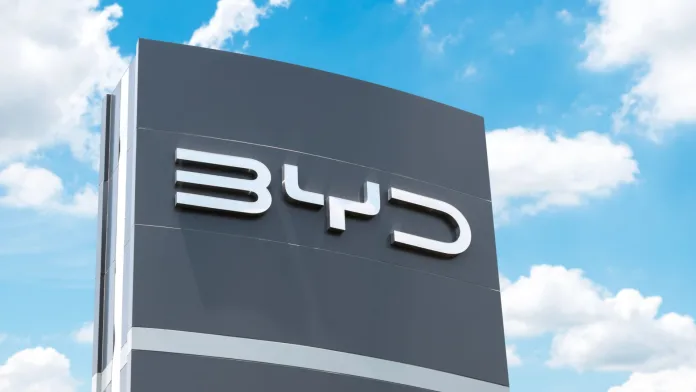In a surprising turn of events, Chinese electric vehicle manufacturer BYD has officially denied reports claiming it plans to establish a $10 billion manufacturing facility in Hyderabad, India. The company took to its official WeChat account to dismiss these widely circulated claims as “untrue,” putting an end to speculation about what would have been a landmark investment in India’s growing EV sector.
Last week, numerous media outlets reported that BYD was in advanced talks with the Telangana government to develop a massive production facility near Hyderabad. These reports suggested the state government had identified three potential locations and pledged full support for the project, including land allocation.
“No such agreement or investment decision has been finalized,” BYD clarified in its statement, contradicting the narrative that had gained traction across automotive and business news platforms.

BYD’s Current Operations in India
Despite its global expansion efforts across Southeast Asia, South America, and Europe, BYD has maintained a relatively cautious approach to manufacturing in India. The company currently operates through its subsidiary, BYD India, which focuses primarily on:
| BYD’s Current Indian Market Activities | Details |
|---|---|
| Primary Focus | Electric buses and passenger vehicles |
| Manufacturing Status | No domestic production facility |
| Current Model | Imports EVs from China |
| Result | Higher prices due to import duties |
| Market Position | Limited market share in Indian EV sector |
The Regulatory Roadblocks
BYD’s path to establishing local manufacturing in India hasn’t been smooth. The company has explored manufacturing options in India for approximately two years, but has faced significant regulatory hurdles:
- In 2023, the Indian government rejected a $1 billion joint investment proposal from BYD and local partner Megha Engineering and Infrastructures Ltd (MEIL)
- The planned facility in Telangana, with an estimated investment of ₹8,200 crore, was reviewed by multiple government ministries before being declined
- Regulatory restrictions on Chinese investments have created ongoing challenges for BYD’s expansion plans
Why Local Manufacturing Matters
For BYD, establishing a production facility in India would be a game-changer. Currently, importing electric vehicles from China results in substantial import duties that make BYD’s EVs more expensive for Indian consumers. A local manufacturing plant would:
- Significantly reduce production costs
- Make BYD’s vehicles more affordable
- Potentially boost sales volumes
- Increase competitiveness in India’s rapidly growing EV market
- Create local employment opportunities

Expert Analysis
Industry analysts suggest that while BYD remains interested in the Indian market, the company is navigating complex geopolitical considerations that affect Chinese investments in strategic sectors. The denial of current investment plans doesn’t necessarily indicate a lack of interest, but rather a more measured approach to expansion amid regulatory uncertainties.
Also Read: Foxconn EV: A Game Changer for Japan’s Auto Industry
FAQs About BYD’s India Plans
Is BYD building a manufacturing plant in Hyderabad?
No, BYD has officially denied reports of a $10 billion manufacturing plant investment in Hyderabad, calling these claims “untrue.”
Does BYD currently manufacture vehicles in India?
No, BYD does not currently have a domestic manufacturing facility in India. The company imports electric vehicles from China, which results in higher prices due to import duties.
Why was BYD’s previous manufacturing proposal rejected?
In 2023, the Indian government rejected a $1 billion investment proposal from BYD and its local partner due to regulatory restrictions on Chinese investments in certain sectors.
How does BYD currently operate in India?
BYD operates through its subsidiary, BYD India, which primarily focuses on electric buses and passenger vehicles that are imported from China.
Would local manufacturing benefit BYD in India?
Yes, establishing local production would significantly reduce costs, potentially making BYD’s vehicles more affordable and competitive in India’s growing EV market.
What are the current challenges for Chinese EV makers in India?
Chinese companies face regulatory restrictions on investments, high import duties that make their vehicles expensive, and increasing competition from both local and international EV manufacturers.
The Future of BYD in India
While the immediate plans for a manufacturing facility may have been put on hold, BYD’s interest in the Indian market remains significant. As the world’s largest EV manufacturer by sales volume, BYD continues to explore opportunities to strengthen its presence in one of the world’s fastest-growing automotive markets.
For now, Indian consumers interested in BYD vehicles will continue to pay premium prices due to import duties. However, industry watchers remain optimistic that evolving regulations and diplomatic relations could eventually pave the way for increased Chinese investment in India’s burgeoning electric vehicle sector.
As the global automotive industry continues its electric transition, the developments between major players like BYD and key markets like India will be crucial in shaping the future landscape of sustainable transportation.


